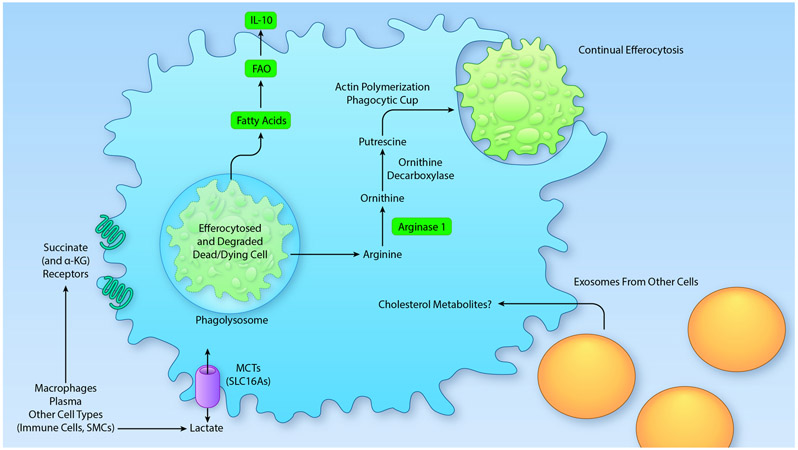Figure 3. Examples of intercellular immunometabolism.
Recent research shows that macrophage metabolism and function are altered by metabolites derived from other cells, a process we term intercellular immunometabolism. For example, fatty acid and amino acid metabolism can be affected by the cargo of an efferocytosed and degraded dead or dying cell. The metabolite cargo from the efferocytosed cell thus alters the metabolic pathways and downstream functions of the efferocytosing macrophage. Fatty acids derived from ingested cells are likely to fuel fatty acid oxidation (FAO) and subsequent production of the anti-inflammatory cytokine IL-10. Arginine from efferocytosed cells undergo conversion to putrescine, which is critically important for continual efferocytosis. Extracellular metabolites can also act on macrophages through receptors or transporters, or might be delivered by exosomes, which are ingested by the macrophage. The latter process has been shown to deliver cholesterol to macrophages, but it is possible that metabolites are also delivered through this route. . (Illustration Credit: Ben Smith)

